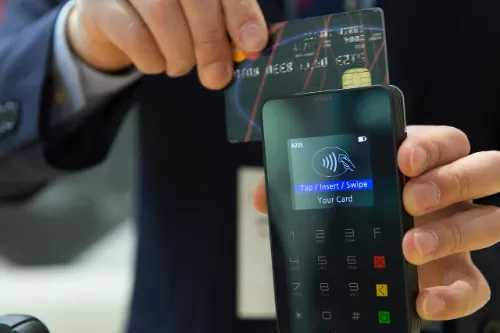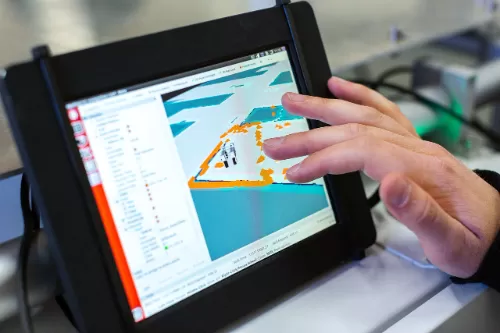Why Digital Wallets Are Safer Than Cash or Credit Cards
In an era of rising cyber threats and financial fraud, digital wallets are emerging as a secure alternative to traditional payment methods. While cash and credit cards have long been staples, these tools lack the advanced security features that digital wallets integrate seamlessly. From encryption to biometric authentication, here’s why your smartphone may hold the key to safer financial transactions.
Related searches

Advanced Encryption: Your Data’s First Line of Defense
Digital wallets use military-grade encryption to protect your sensitive information. When you enter your credit card details or bank account information, it’s transformed into unreadable code during transmission. This means even if a hacker intercepts the data, they can’t decode it. Unlike cash, which offers no protection if stolen, or credit cards, which store raw card numbers in databases vulnerable to breaches, digital wallets ensure your financial details remain hidden.
Biometric Authentication: Only You Can Access Your Wallet
Most digital wallets require biometric verification—like fingerprint scans or facial recognition—to complete transactions. This adds a layer of security impossible with physical cash or standard credit cards. For example, if your phone is lost or stolen, a thief can’t access your wallet without your unique biometric data. Even if they guess your PIN, many wallets lock after a few failed attempts, rendering the device useless for unauthorized purchases.
Real-Time Fraud Monitoring
Digital wallets constantly monitor transactions for suspicious activity. If a payment seems out of the ordinary—like a large purchase in a foreign country—the system flags it instantly. Some wallets even send push notifications for every transaction, allowing users to approve or deny charges in real time. This proactive approach contrasts with credit cards, where fraud often goes undetected until monthly statements arrive, leaving victims scrambling to dispute charges.
Tokenization: A Shield Against Data Breaches
When you add a credit card to a digital wallet, it’s replaced with a unique "token"—a randomized string of numbers unrelated to your actual card. This token is used for payments, meaning your real card details are never shared with merchants. If a retailer’s database is hacked, the stolen tokens are useless, as they can’t be linked back to your account. This is a critical advantage over traditional credit cards, which expose raw data during every transaction.
Zero Liability for Unauthorized Charges
Most digital wallet providers offer zero-liability policies for fraudulent transactions, similar to major credit cards. However, the speed at which they resolve issues often surpasses traditional methods. For instance, if your phone is stolen and used to make unauthorized payments, you can report the loss immediately, and the wallet provider typically reimburses you within days. With cash, there’s no recourse for theft—once it’s gone, it’s gone.
Reduced Risk of Physical Theft
Carrying cash makes you vulnerable to theft, and lost or stolen credit cards can be used until reported. Digital wallets minimize these risks by storing funds and payment methods digitally. Even if your phone is lost, remote wipe features allow you to erase data instantly, preventing access to your wallet. Plus, many providers offer insurance against unauthorized transactions, adding an extra layer of protection.
The Future of Secure Payments
As technology evolves, digital wallets are becoming even safer. Features like behavioral biometrics—analyzing how you type or hold your phone—are being integrated to detect impostors. Some wallets now use artificial intelligence to learn your spending habits and flag anomalies automatically. And with the rise of contactless payments, you can avoid sharing physical cards altogether, reducing exposure to germs and theft alike.
Conclusion
In a world where convenience and security are paramount, digital wallets offer the best of both worlds. They streamline payments while protecting your financial data through cutting-edge technology. Whether you’re paying for groceries, splitting a bill with friends, or shopping online, your smartphone can act as a secure financial hub—no more fumbling for cash or worrying about card skimming.
While no system is 100% foolproof, digital wallets significantly reduce risks compared to cash and credit cards. By embracing these tools, you’re not just modernizing your finances—you’re taking control of your security in an increasingly digital age.

The Invisible Doctor: How Wearables Are Making Healthcare Proactive

Why Digital Wallets Are Safer Than Cash or Credit Cards

AI-Driven Robotics: Revolutionizing Deep-Space Exploration Missions

What Every American Needs to Know About Virtual Reality

Smart Home Security: How to Protect Your House with AI

How Cloud Gaming Lets You Play AAA Games on Any Device








